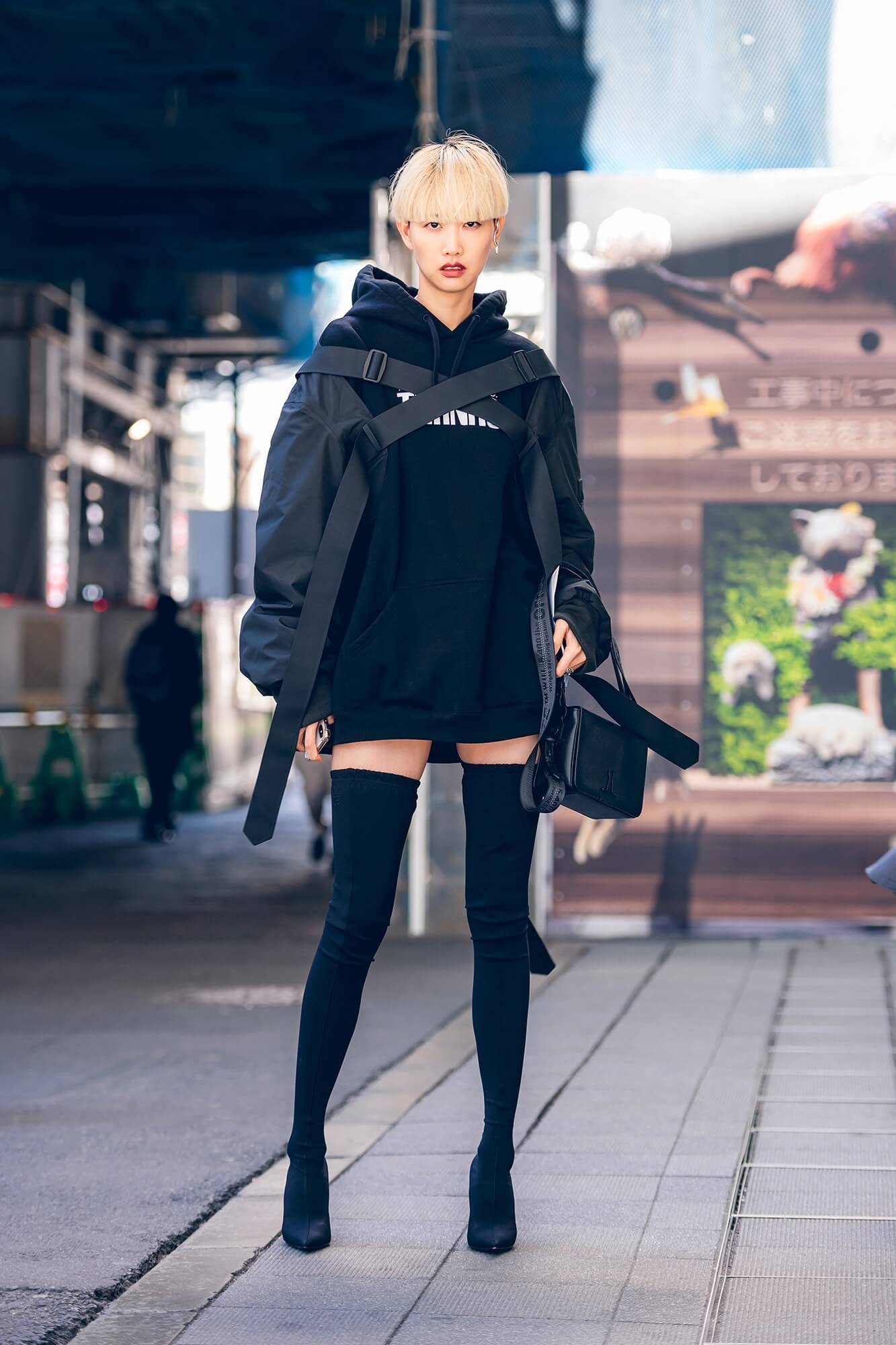It’s the center of Paris Couture Week, and, as it appears to have ended up as a subject matter in fashion, feminism is center stage.
On Monday night, Paris time, Dior’s Maria Grazia Chiuri, the primary lady head of the fashion residence, put on another probing display. At the same time, she led her parade with a version wearing a toga sporting the Bernard Rudofsky quote, “Are clothes current?”
Later, Chiuri obtained France’s highest honor, the Legion d’honneur, for her paintings, which were effective in fashion and reframed a many-year-antique organization as a beacon of women’s empowerment.
Few could neglect the “We Have to all be feminists” T-blouse Chiuri produced for her first collection for the house in 2016.
Still, in raising Chiuri to the mantle of feminist in addition to style icon, I can not assist contemplate how well the industry, of which she is one of the most influential figures of our time, is addressing its endemic “lady hassle”.

At the maximum fundamental degree, Couture Week sees designers send gowns worth six figures down the runway in a display of elitism (splendor, ability, and creativity, I hasten to add) that handiest the zero.001 percent will ever fully experience.
It’s smooth in this buffet of tulle to overlook that there’s any other, grittier facet to the style enterprise, where women, due to the fact roughly three-quarters of the arena’s garment employees are girls, make a maximum of the garments us “actual” people wear, and often in sub-well-known situations on an “un-habitable” salary.
This dichotomy must supply us pause while we froth over this week and makes me question the role luxury-style homes should play regarding furthering feminist troubles and past protest dressing.
Melinda Tully, you. S . A., the lead for Fashion Revolution Australia, says fashion largely influences the exchange for rights, from haute couture to the excessive avenue.
“There’s a lot of eyes on [fashion brands],” she says. “They all have that role to play. Each person can be political if there is an advantageous and empowering message. It must be substantiated; they need to be strolling the walk.”
As Jess Cartner-Morley wrote for The Guardian after the Dior display: “It is hard to make a modern statement through the medium of haute couture, an ultra-elite stratum of fashion in which every piece is custom-made at an eye-watering fee. Chiuri attempted her first-class to frame the bespoke experience as a party of girl individuality, but the mood track of couture stays extra pampered than empowered.”
Such inherent contradictions in a style make it a complicated discipline to apprehend, let alone write about for a living. It’s incredibly disorienting at instances that the identical enterprise can supply us with Rihanna’s Fenty underwear line, which celebrates all configurations and dimensions of the lady shape, even as generating the nearly anti-feminist Victoria’s Secret; how sluggish and ultra-obvious manufacturers, including Everlane and Tome can sit down underneath the equal “sustainability” umbrella as H&M and Zara.
It’s all style, certain, but on the subject of values, feminism and fashion have long had a fraught dating. Remember, that is an enterprise that for hundreds of years has projected a super of female splendor so grossly built for the male gaze, so abjectly tied to stereotypes around perfection (this is, skinny, white, and younger) that it is difficult to flick the transfer and say “job accomplished”.
How can a $10 T-shirt with a “Feminist AF” (“feminist as f—“) slogan made through a garment employee earning less than $10 an afternoon be an image of feminism? And need to all of us cheer for a couture residence spreading a feminist message while the result is privileged humans buying a $250,000 dress and giving themselves a pat on the back?
Using the platform of Couture Week to unfold a feminist message is well and precise; however, how is plenty of its miles going to bring about trade, and what kind of its miles are sloganeering to appear extra “woke”?
Tully says that while each person in style can play a function, she worries that reasons can grow to be “latest”, simplest to vanish from the general public awareness the subsequent season.






